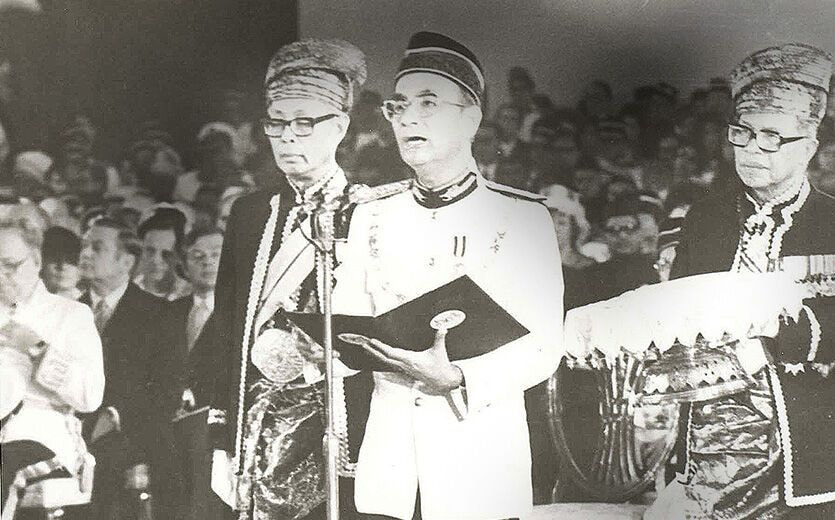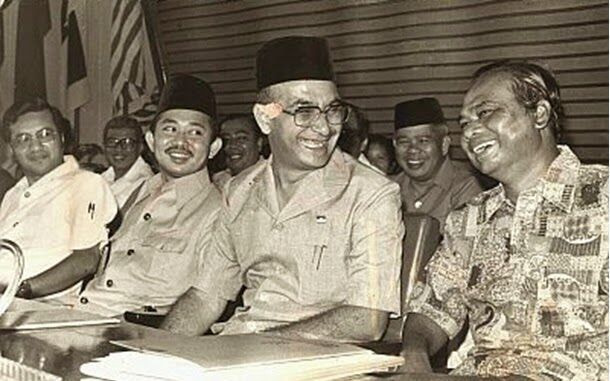His Key Contributions:
New Economic Policy (NEP): Introduced in 1971 and first announced in 1970, the NEP aimed to eradicate poverty and restructure society to reduce economic disparities between different ethnic groups. This policy was instrumental in promoting economic growth and social stability. It was later incorporated into the Second Malaysia Plan (1971-1975).
Rural Development: Tun Razak's focus on rural development led to the establishment of agencies such as FELDA (Federal Land Development Authority) and RISDA (Rubber Industry Smallholders Development Authority), which improved the livelihoods of rural Malaysians. His commitment to rural development earned him the admiration and respect of the rural community.
Sustainable Development: Tun Razak's legacy also includes his push for sustainable development. He, along with his deputy, Tun Hussein Onn, mooted the idea of including a chapter on environmental policy in the Third Malaysia Plan. This was the first time environmental concerns were formally addressed in Malaysia's national plans.
Economic Governance: Efforts during Tun Razak's administration ensured sound economic governance in key institutions such as Bank Negara Malaysia and Petroliam Nasional Bhd (Petronas). His commitment to reducing corruption and promoting good governance was crucial to Malaysia's progress.


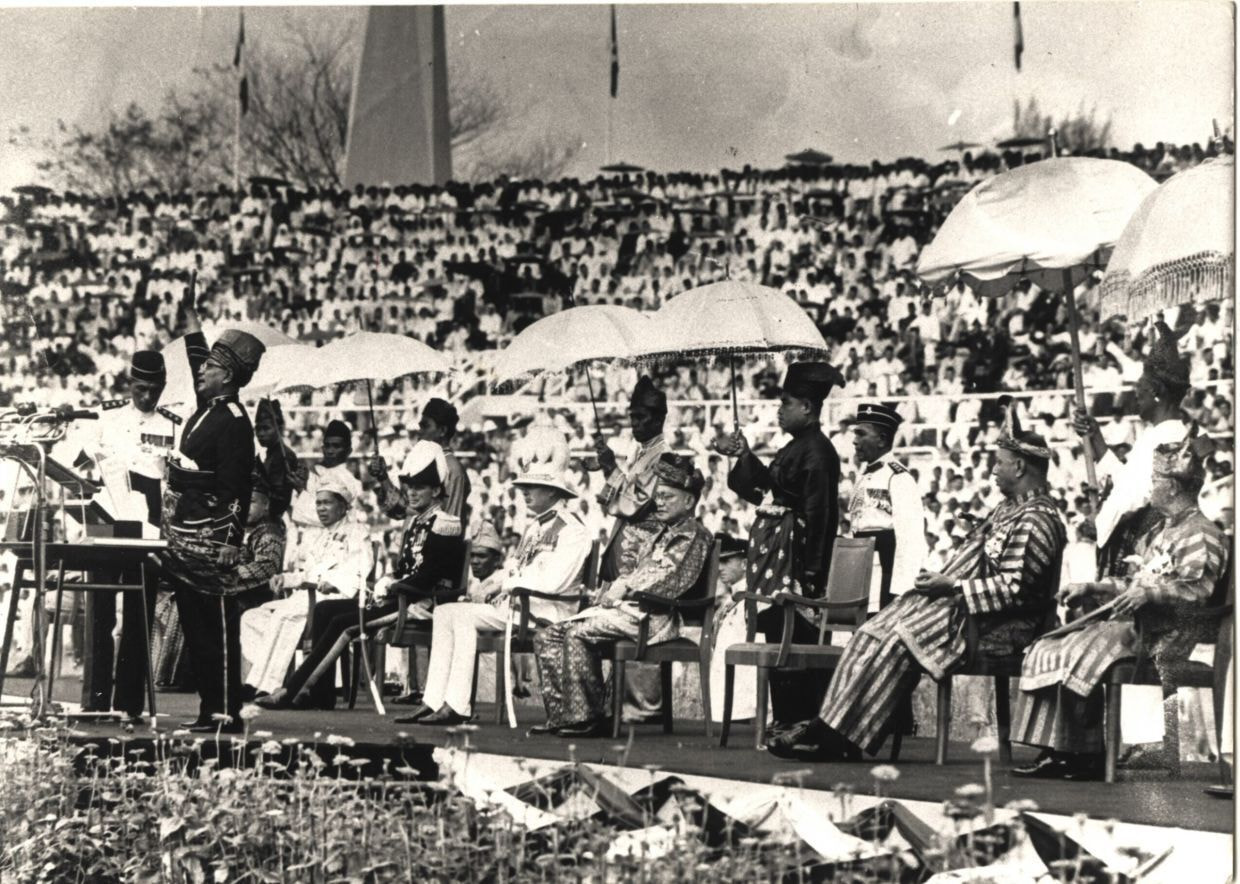
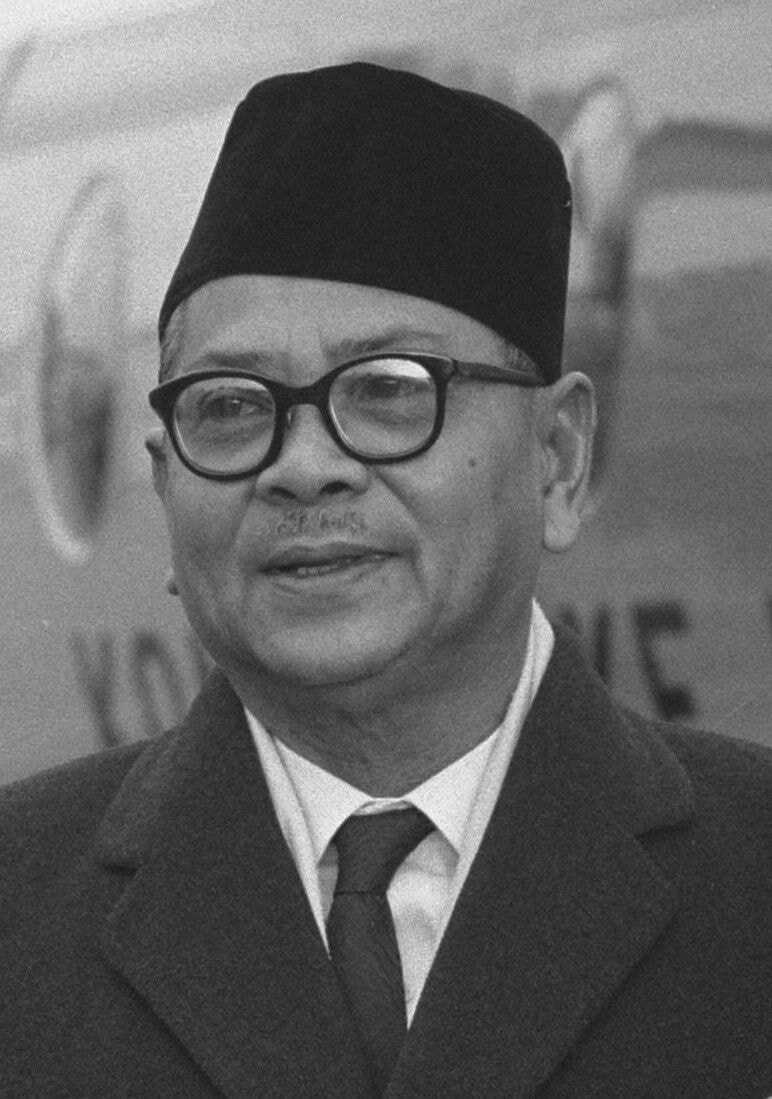
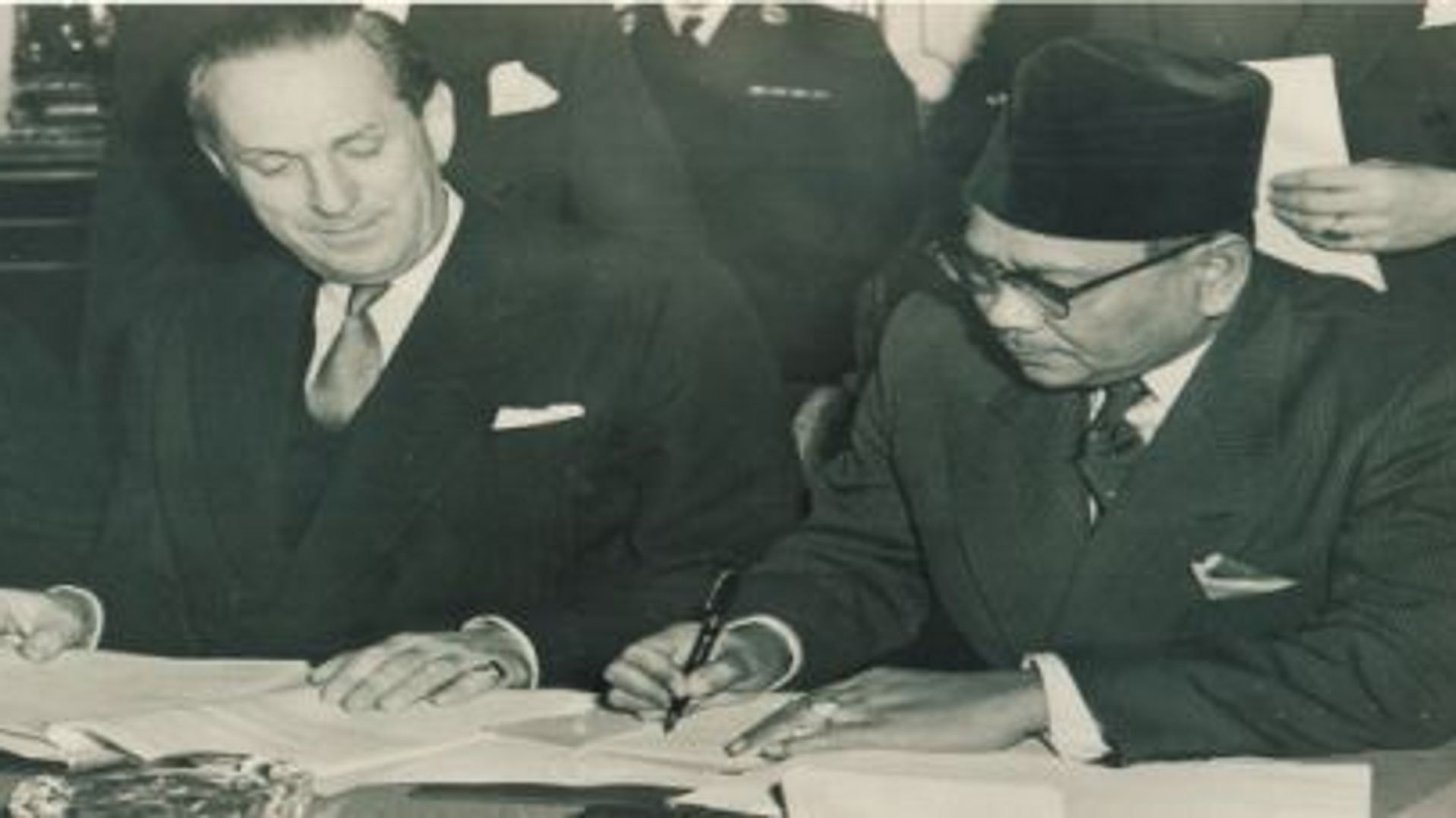
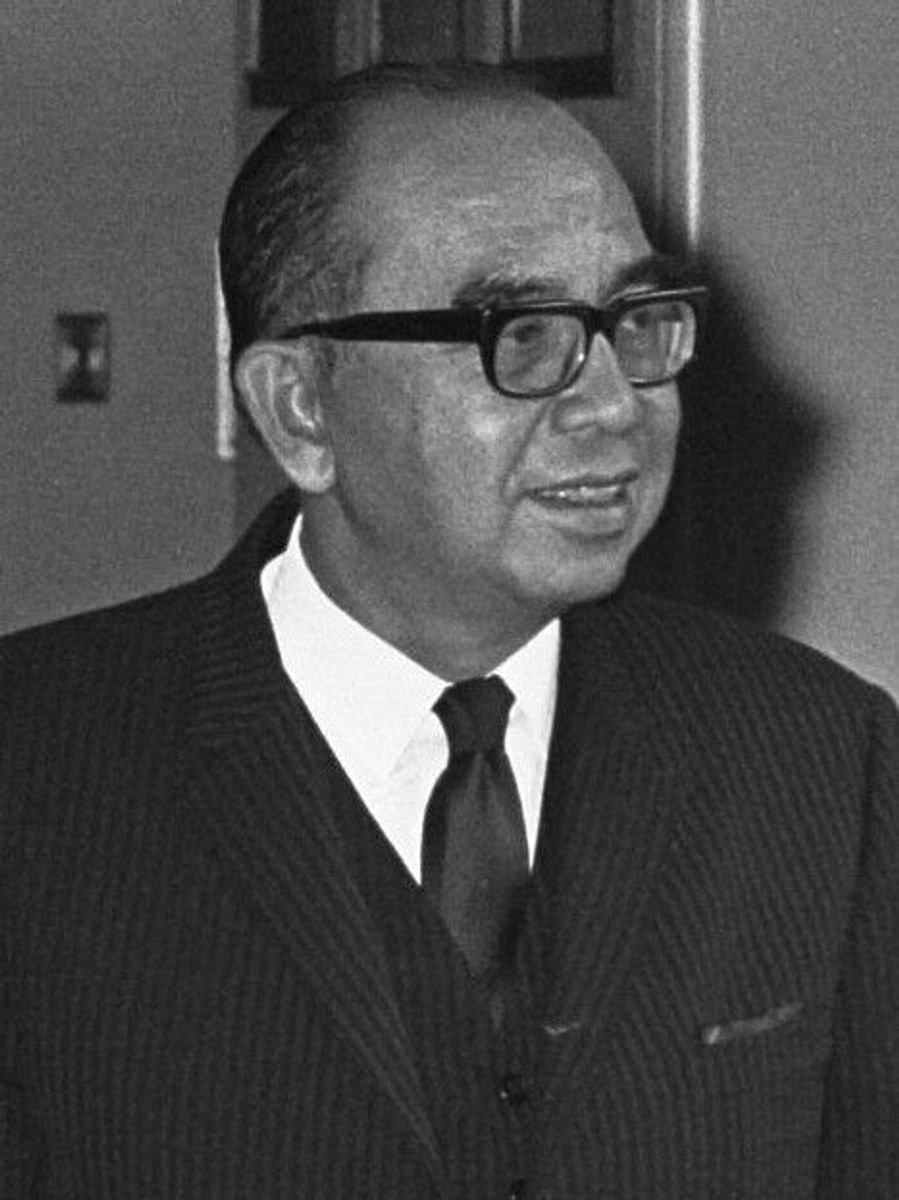
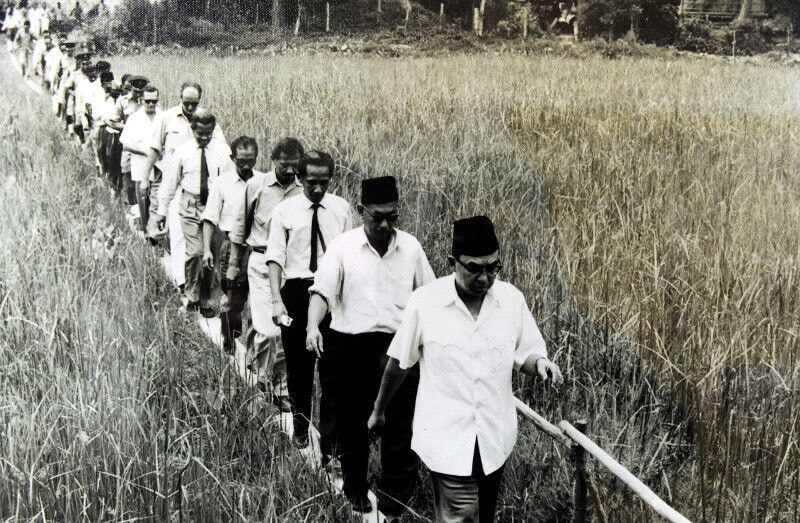
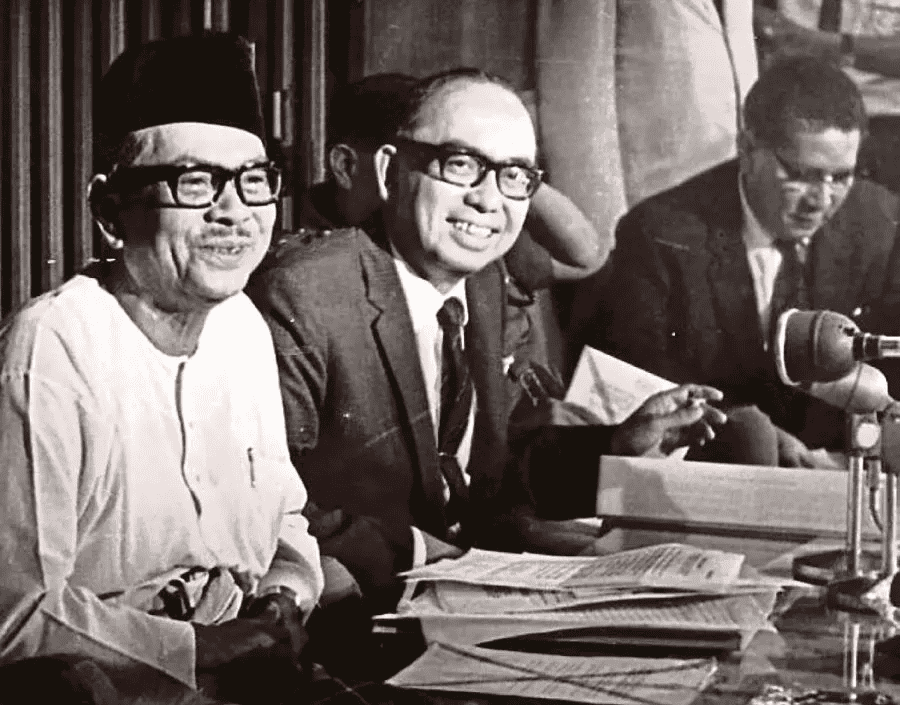
.jpg)
